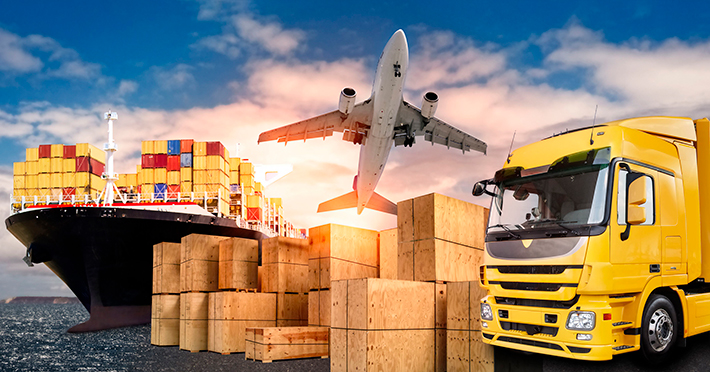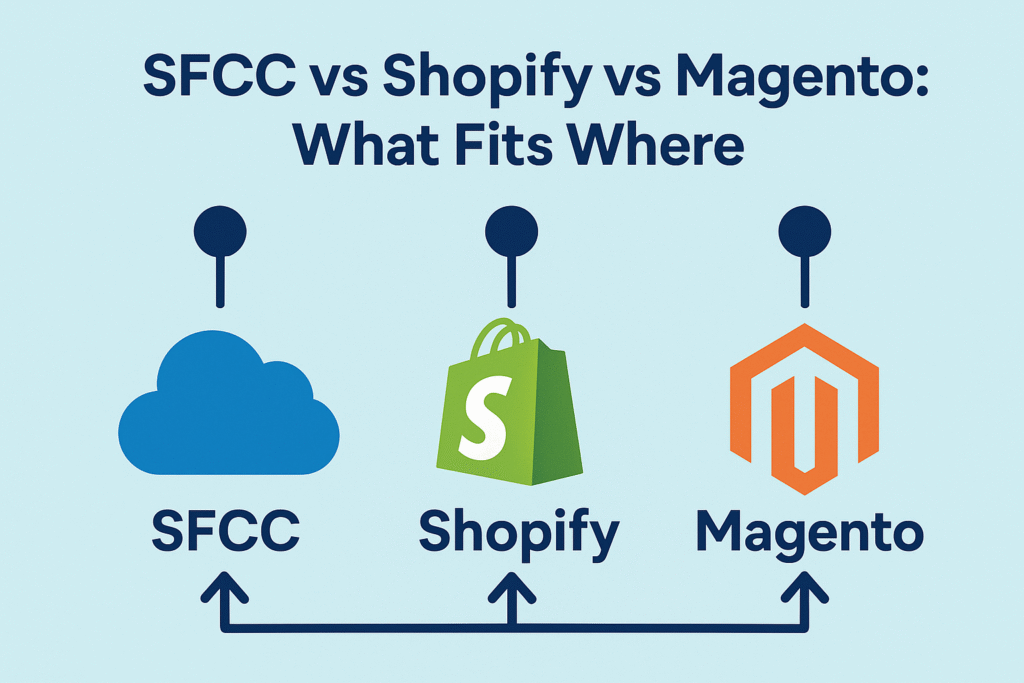In an increasingly interconnected world, the demand for efficient, reliable, and cost-effective shipping solutions is higher than ever. From small businesses shipping custom products overseas to multinational corporations moving massive loads of inventory, the need for logistical coordination is universal. That’s where the Freight Forwarder comes in—a vital player in international trade, logistics, and supply chain management.
This article will explore the meaning of a Freight Forwarder, the services they offer, why businesses rely on them, and how to choose the right one for your needs.
What Does a Freight Forwarder Do?
A Freight Forwarder is a logistics specialist responsible for coordinating the transportation of goods across domestic or international borders. Although they don’t typically move cargo themselves, they handle the entire shipment process from start to finish, acting as an intermediary between the shipper and transportation services such as airlines, ocean carriers, and trucking companies.
Freight Forwarders simplify global logistics by managing everything from documentation and customs clearance to cargo tracking and warehousing. Their role is to ensure that goods arrive at the correct destination, on time, and within budget.
The Range of Services Offered by Freight Forwarders
Freight Forwarders offer a comprehensive set of services tailored to meet the diverse needs of international shippers. These include:
1. Freight Booking and Carrier Negotiation
Freight Forwarders negotiate with carriers to secure the best rates and delivery options. By leveraging their relationships and shipment volumes, they often access discounted pricing that individual businesses cannot.
2. Route Optimization
With deep knowledge of global logistics networks, a Freight Forwarder determines the most efficient and cost-effective route for shipping goods. This may involve multimodal transport—combining air, sea, and land freight.
3. Customs Documentation and Compliance
Navigating international customs can be complex. Freight Forwarders prepare and file the necessary documents such as bills of lading, commercial invoices, and packing lists, ensuring compliance with import/export laws.
4. Warehousing and Cargo Handling
Some shipments require temporary storage or cargo consolidation before delivery. Many Freight Forwarders offer warehousing services or partner with local storage facilities to streamline this process.
5. Cargo Insurance and Risk Management
To safeguard goods during transit, Freight Forwarders offer insurance coverage and risk assessment services. This gives businesses peace of mind in case of damage, loss, or unexpected delays.
6. Shipment Tracking
Most Freight Forwarders provide digital tools that offer real-time updates, allowing businesses to track their goods from origin to destination.
Why a Freight Forwarder is Crucial in International Trade
For companies engaged in international business, partnering with a reliable Freight Forwarder offers multiple benefits:
Saves Time and Reduces Errors
Handling logistics in-house requires significant time and expertise. Freight Forwarders streamline the process, reducing the chance of costly mistakes related to documentation or regulations.
Offers Cost-Efficiency
Through their global networks and established relationships with shipping providers, Freight Forwarders can offer better rates and more efficient shipping solutions than companies handling logistics independently.
Provides Regulatory Expertise
Customs regulations vary widely between countries. Freight Forwarders are familiar with each region’s import/export laws, ensuring that goods comply with legal requirements and avoiding costly penalties or confiscations.
Enhances Flexibility
Whether it’s handling urgent air shipments or planning cost-effective ocean freight, Freight Forwarders tailor their services to meet the unique needs of each client, regardless of shipment size or destination.
Types of Freight Forwarding Services
Freight Forwarding services can vary based on the mode of transportation and business needs. Common types include:
Air Freight
Air freight is ideal for time-sensitive goods and high-value items. Freight Forwarders coordinate flights, manage cargo handling at airports, and ensure adherence to airline regulations.
Ocean Freight
Ocean shipping is a cost-effective solution for large-volume cargo. Freight Forwarders manage container bookings, port procedures, and transit scheduling.
Road and Rail Freight
Freight Forwarders arrange trucking and rail services for domestic and cross-border shipments, often as part of a multimodal shipping strategy.
Project Cargo and Special Logistics
Some Freight Forwarders specialize in large, heavy, or unusual cargo such as construction equipment, vehicles, or infrastructure materials. These services require specialized knowledge and equipment.
How to Select the Right Freight Forwarder
Choosing the right Freight Forwarder is essential for a successful supply chain. Consider the following factors:
Industry Experience
Look for a Freight Forwarder with experience in your industry, whether it’s pharmaceuticals, automotive parts, textiles, or electronics. Industry-specific knowledge ensures more efficient service.
Global Reach
A forwarder with a strong international network can provide smoother transitions across borders and better service in unfamiliar regions.
Communication and Customer Support
A good Freight Forwarder is responsive and transparent. Clear communication minimizes misunderstandings and ensures that you’re updated throughout the shipping process.
Service Offerings
Make sure the Freight Forwarder provides the services you need, from insurance to customs brokerage, warehousing, and last-mile delivery.
Technology Capabilities
Modern logistics rely on digital tools. Choose a Freight Forwarder that offers shipment tracking, document management, and online quoting.
Common Challenges in Freight Forwarding—and How They’re Solved
Despite best efforts, international logistics can present challenges such as:
- Delays at customs
- Unclear shipping documentation
- Damaged or lost cargo
- Changes in regulations
A professional Freight Forwarder is equipped to handle these challenges. They preemptively address risks, have backup plans in place, and guide clients through crisis situations with minimal disruption.
The Evolving Role of the Freight Forwarder
As supply chains become more global and technology-driven, Freight Forwarders are evolving. Here’s what the future holds:
Integration of AI and Automation
Freight Forwarders are using AI to optimize routes, forecast shipping delays, and automate documentation, improving speed and accuracy.
Sustainable Shipping Solutions
As eco-consciousness grows, forwarders are offering greener options, including low-emission transport modes and carbon offset programs.
Tailored Services for E-Commerce
Freight Forwarders now support e-commerce businesses with faster cross-border delivery, fulfillment centers, and customs pre-clearance.
Final Thoughts
A Freight Forwarder plays an indispensable role in modern commerce by bridging the gap between manufacturers, suppliers, and global markets. By managing complex logistics processes, reducing costs, and ensuring compliance with trade laws, they empower businesses to grow internationally without being overwhelmed by shipping challenges.
If your business relies on global trade, working with a trusted Freight Forwarder is not just beneficial—it’s a strategic necessity.



